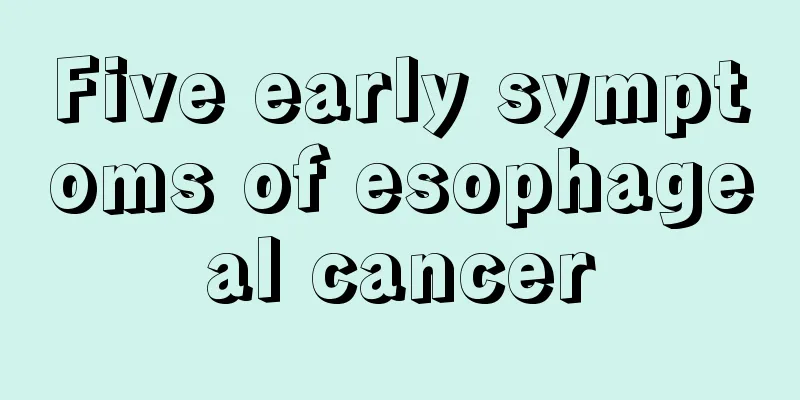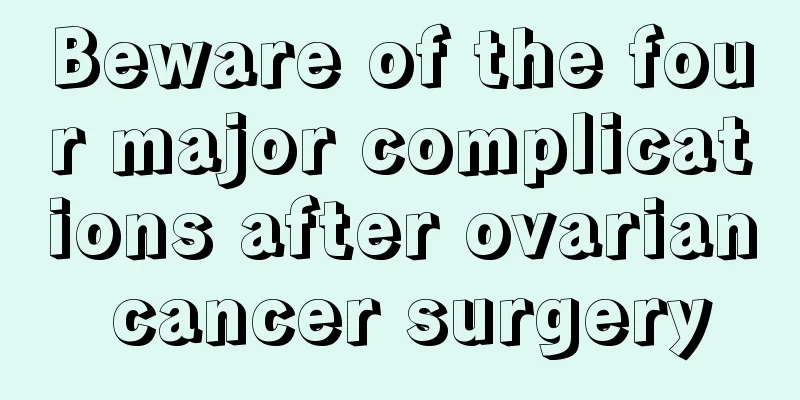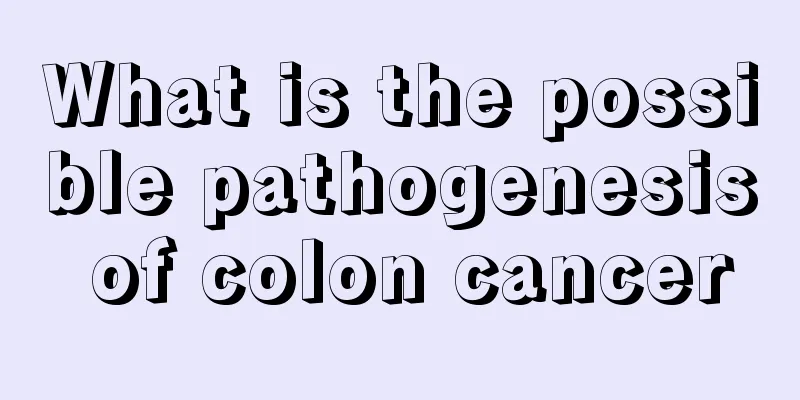Five early symptoms of esophageal cancer

|
Esophageal cancer is a common malignant tumor of the digestive system. Its early symptoms are usually not obvious, but timely detection and treatment are crucial to improving the cure rate. The five major early symptoms of esophageal cancer generally include difficulty swallowing, pain behind the sternum, loss of appetite and weight loss, hoarseness, and persistent cough. If the symptoms persist, it is recommended to seek medical attention in time and take targeted treatment measures under the guidance of a doctor. The details are as follows: 1. Dysphagia: Dysphagia is one of the most common early symptoms of esophageal cancer. Patients will feel difficulty swallowing solid food. As the disease progresses, they may gradually have difficulty swallowing liquids. It is recommended to seek medical attention in time when dysphagia occurs for early diagnosis and treatment. 2. Pain behind the sternum: Pain or discomfort behind the sternum is also one of the early signs of esophageal cancer. Patients may feel burning, tingling or dull pain in the chest, especially when eating or drinking. If pain behind the sternum occurs, you should see a doctor as soon as possible. 3. Loss of appetite and weight loss: Patients with esophageal cancer often experience loss of appetite and significant weight loss, which is mainly due to dysphagia and the impact of the tumor on the digestive system. If unexplained weight loss occurs, you should be alert to the possibility of esophageal cancer and seek medical attention in time. 4. Hoarseness: Hoarseness may be caused by esophageal cancer compressing or invading the recurrent laryngeal nerve. Patients may experience symptoms such as hoarseness and difficulty speaking. For patients with hoarseness without obvious reasons, the possibility of esophageal cancer should be considered. 5. Persistent cough: Persistent cough is also one of the early symptoms of esophageal cancer. Patients may have a dry cough or a cough with a small amount of sputum, especially after eating. If a persistent cough occurs, you should see a doctor as soon as possible. Early detection and treatment are crucial to improving the cure rate of esophageal cancer. Patients are advised to seek medical attention in a timely manner when relevant symptoms occur, and undergo appropriate examinations and treatments according to the doctor's advice. |
<<: Is pulmonary hamartoma cancer?
>>: Five early symptoms of esophageal cancer
Recommend
Symptoms of gastric cancer recurrence
Gastric cancer is a serious malignant tumor. Alth...
Pustules on the head and hair loss
Hair loss is a relatively normal phenomenon. Unde...
How long does it take for herpes blisters to heal
There are many types of herpes, but the most comm...
What are the clinical examination methods for skin cancer
Since we don’t have as much knowledge of diseases...
How to care after prostate cancer surgery
Prostate cancer is a relatively serious disease. ...
Introduction to the treatment of testicular cancer
Although the incidence of testicular cancer is no...
How to determine pulpitis?
We must pay attention to the problem of pulpitis ...
There is a white patch of skin on my face, what's going on?
It would be very ugly if the skin turned pale in ...
Will a fall on the coccyx cause a lumbar injury?
People often fall accidentally in the bathroom or...
What medicine is better for viral infection cough?
Viral infection is a very common phenomenon in li...
Why is my throat so stuffy and uncomfortable?
The throat is an important part of the human body...
Barley Rose Tea
With the arrival of summer, many people find that...
What to do with fibroids in children
Children with fibroids need to seek medical atten...
What are the causes of lung cancer? Five causes that are likely to cause lung cancer should be known early
Lung cancer is a very common malignant tumor in o...
The difference between growing pains and bone cancer
The difference between growing pains and bone can...









